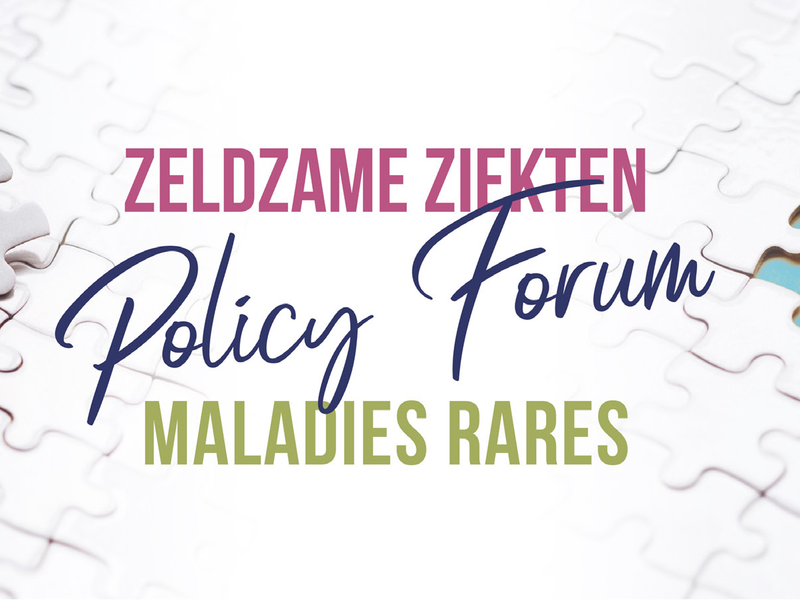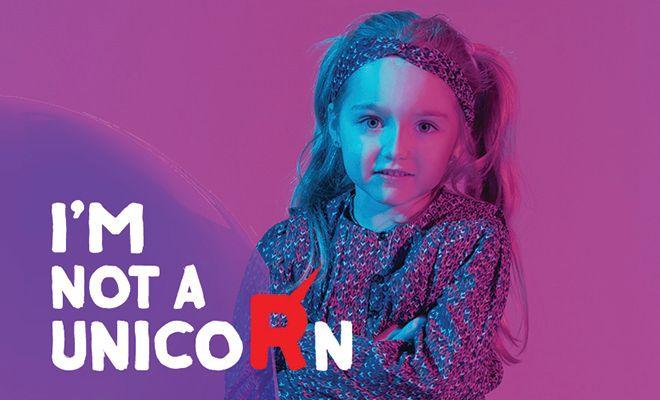Exceptional challenges
Rare Disease Day doesn't falls on the last day of February by accident: it's a month that includes a unique leap day every four years. Similarly rare as 29 February are the more than 6,100 known rare diseases the day aims to highlight.
Beyond their often complex and unpredictable nature, rare diseases present many challenges. It takes an average of nearly five years to reach an accurate diagnosis. Even after diagnosis, accessing specialised and affordable care remains difficult, with only 6% of rare conditions having an effective treatment. Moreover, finding peers with the same condition can be challenging, and patients often face misunderstanding from their surroundings. It’s hard to explain a disease that no one knows about.
Rare stories
Every year, around 33,000 patients with rare diseases are treated at UZ Leuven. They understand better than anyone what it means to live as an exception, whether visible or invisible.
Among them are Lou, Niya, Stéphanie, Luca, Marion, Johan, Lio, Bruno, and Wendy. Today, they give rare diseases a face and a voice. Read and empathise about their experiences, challenges, and stories.
Shared expertise
As a reference hospital for rare diseases, UZ Leuven has more than 50 multidisciplinary teams dedicated to treating rare conditions. This approach, which pools knowledge by medical specialty, is essential for achieving accurate diagnoses and starting treatment as quickly as possible.
To provide the most specialised care for every patient with a rare disease, collaboration beyond the hospital walls is crucial. By building international networks, life-saving expertise and extremely rare cases can be shared, reducing the need for patients and doctors to travel abroad. At the Flemish network level, university and general hospitals, the general practitioners' association Domus Medica, and various patient organisations work together to make specialised care accessible to every patient with a rare disease.
Leuven Institute for Rare Diseases
In December 2024, the Leuven.IRD (Leuven Institute for Rare Diseases) was officially recognised as a new institute uniting rare disease research conducted at KU Leuven and UZ Leuven. The institute aims to promote groundbreaking research and serve as a knowledge hub for academic researchers, patients, policymakers, funding bodies, pharmaceutical companies, and other stakeholders seeking rare disease expertise.
Read more about the Leuven.IRD
Engaging dialogue at the annual policy forum
Every year, UZ Leuven organises a policy forum in collaboration with the national patient organisation RaDiOrg, the pharmaceutical consortium RADDIAL, and with support from other partners. The forum facilitates dialogue among experts, patient representatives, and policymakers to identify the measures needed to tackle the challenges surrounding rare diseases and improve patient care.

Support the rare diseases foundation
Support research and tailored care for patients with rare diseases. Your support for this research can really make a difference.

